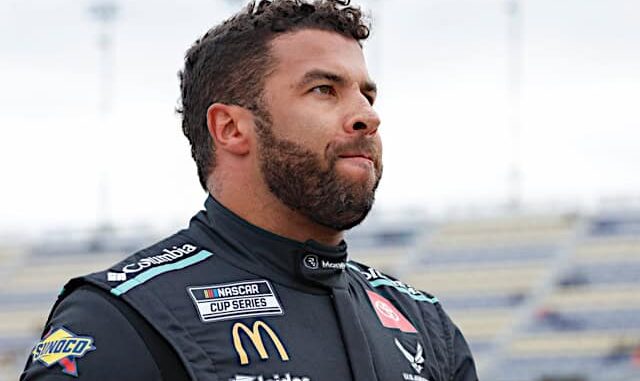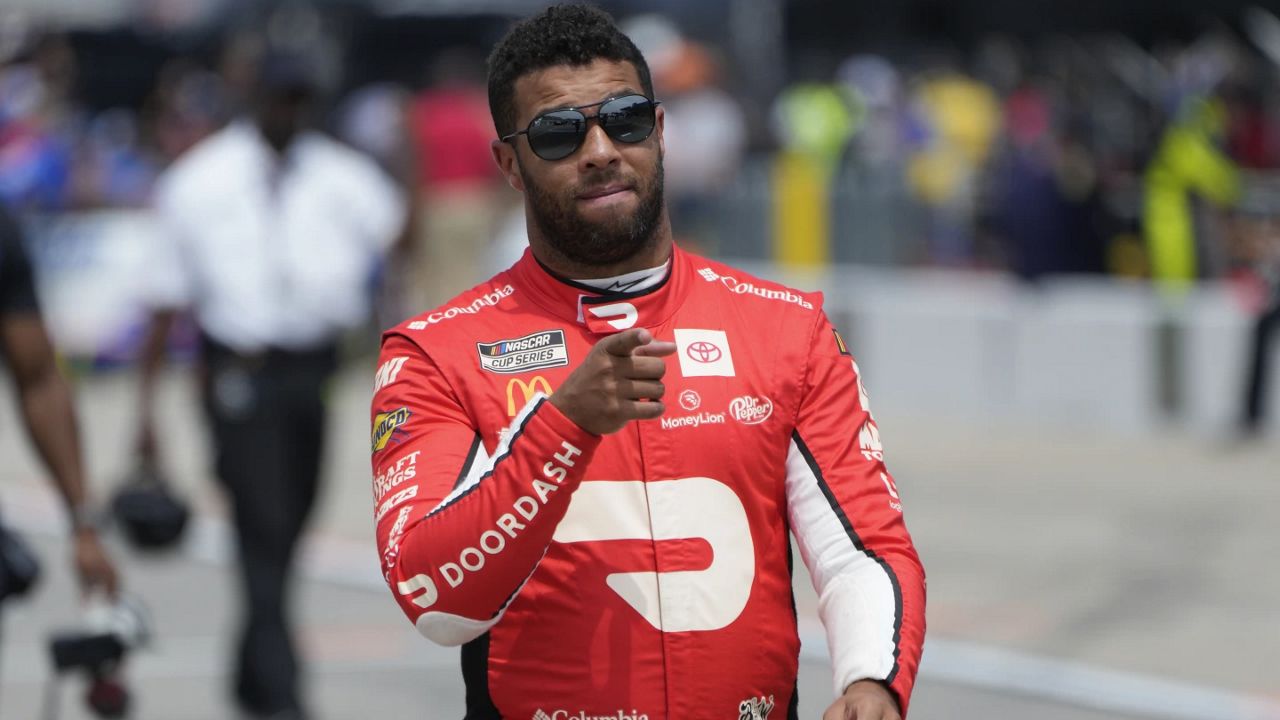
Bubba Wallace, the NASCAR driver who has become one of the most prominent figures in the sport, recently voiced his frustration on social media, saying, “I can’t take it anymore.” This outburst comes amid increasing online scrutiny and criticism of his performance, personality, and personal issues. Wallace, who has been an outspoken advocate for racial equality and diversity in NASCAR, is no stranger to controversy. His stand against the Confederate flag in 2020 earned him both widespread praise and intense backlash. However, the ongoing negative attention, particularly on social media, appears to be taking its toll on him mentally and emotionally.
Wallace’s emotional message likely reflects the immense pressure he faces as one of the few Black drivers in a predominantly white sport. This burden, combined with the competitive demands of NASCAR, makes Wallace a frequent target of internet trolls and critics, who often focus on his performance on the track or, at times, unfairly on his identity. His recent remarks about “not being able to take it anymore” seem to indicate the overwhelming nature of these attacks.

For athletes like Wallace, social media can be both a platform for engagement with fans and a battleground for dealing with negativity. Despite having a loyal fan base, he faces a disproportionate amount of hate compared to his peers. Critics have often linked his emotional statements or poor races to his mental strength, further intensifying the spotlight on him.
Wallace’s vulnerability and openness about his struggles are important, especially in the context of mental health in sports. As more athletes speak out about their mental well-being, Wallace’s transparency adds to the ongoing conversation about the need for psychological support systems in competitive sports. He is human, after all, and these pressures, exacerbated by social media, clearly impact him just as much as anyone else.
While Wallace’s declaration may stem from personal frustrations, it also serves as a broader reminder that athletes are not immune to mental health challenges. Social media’s toxic culture, particularly in sports, needs a shift toward more supportive and empathetic discussions. Wallace’s candid message should prompt reflection on how society treats public figures, recognizing the mental strain that comes with the weight of expectations.
Leave a Reply